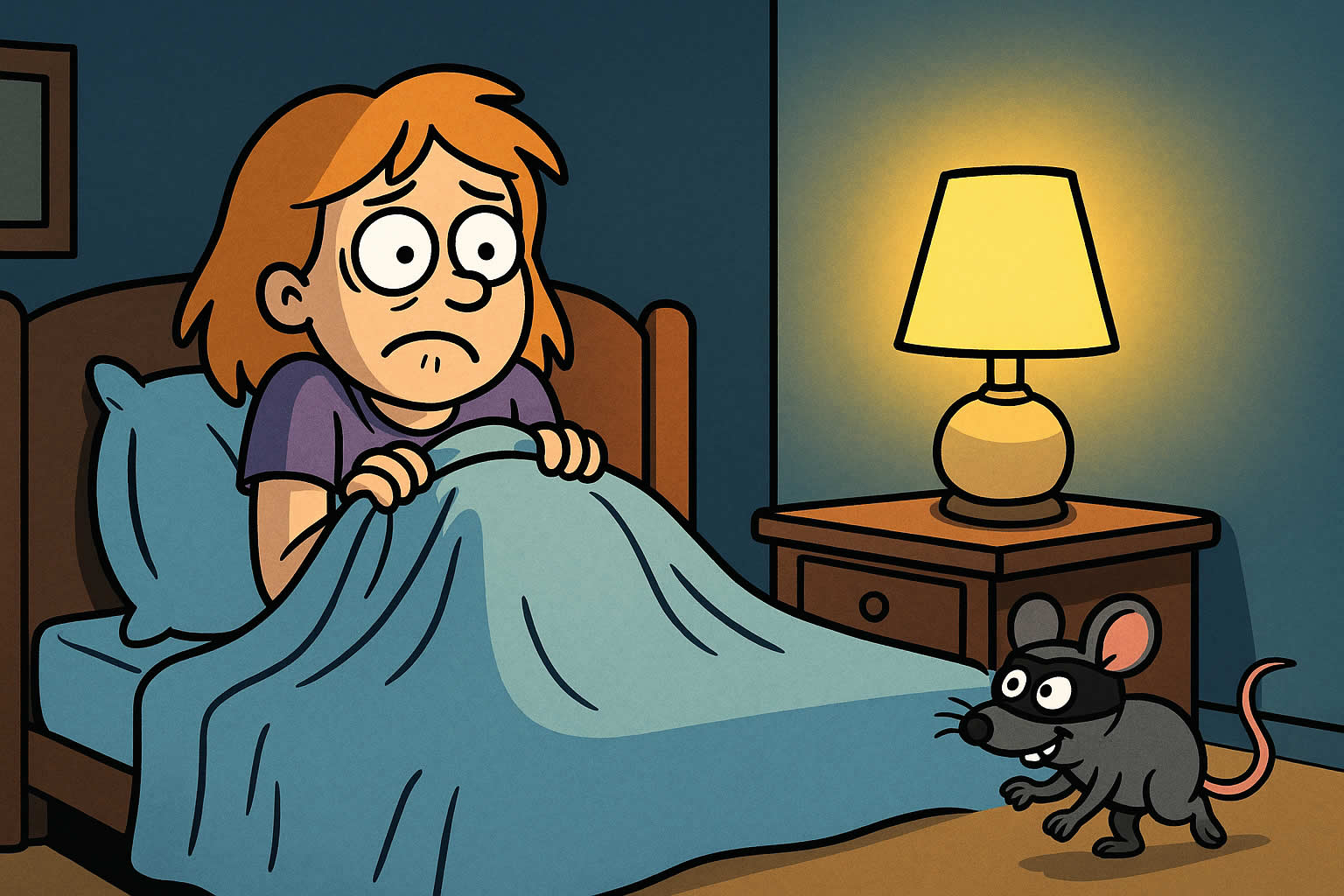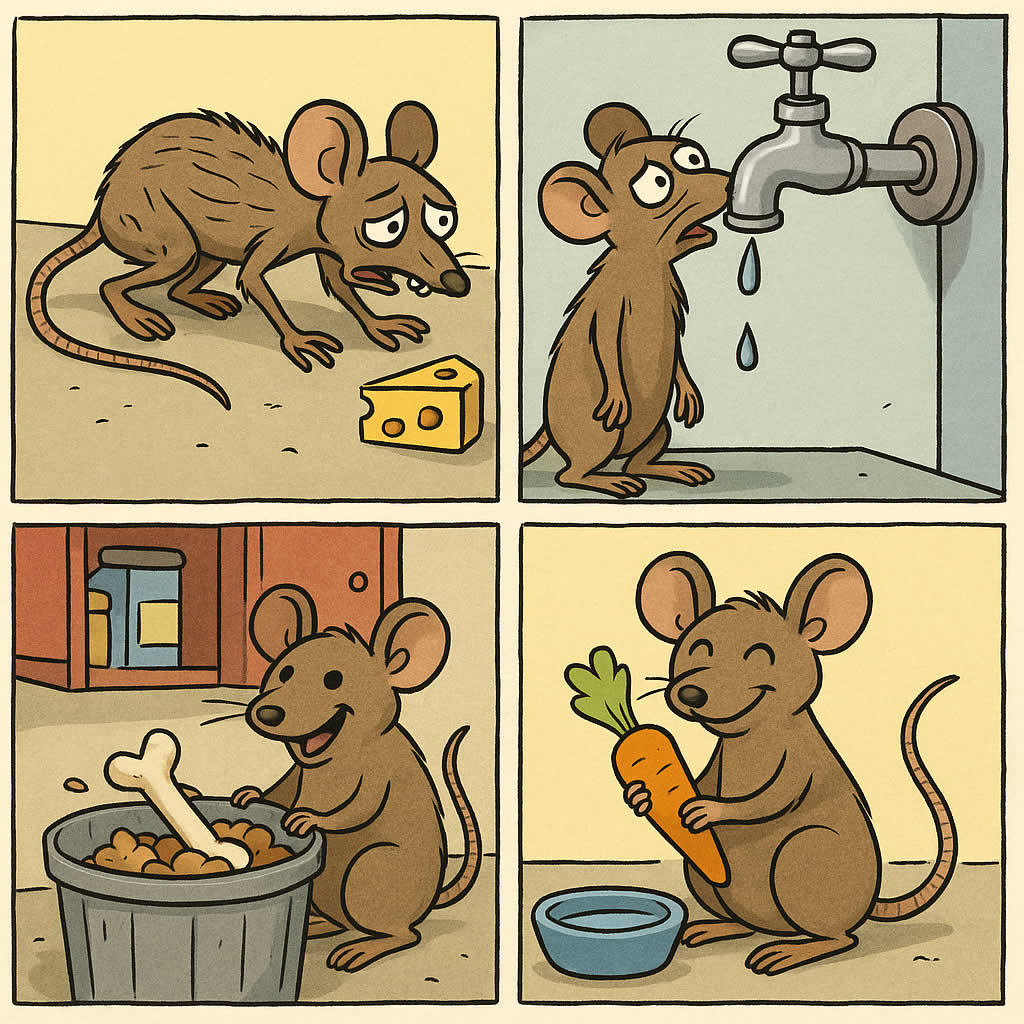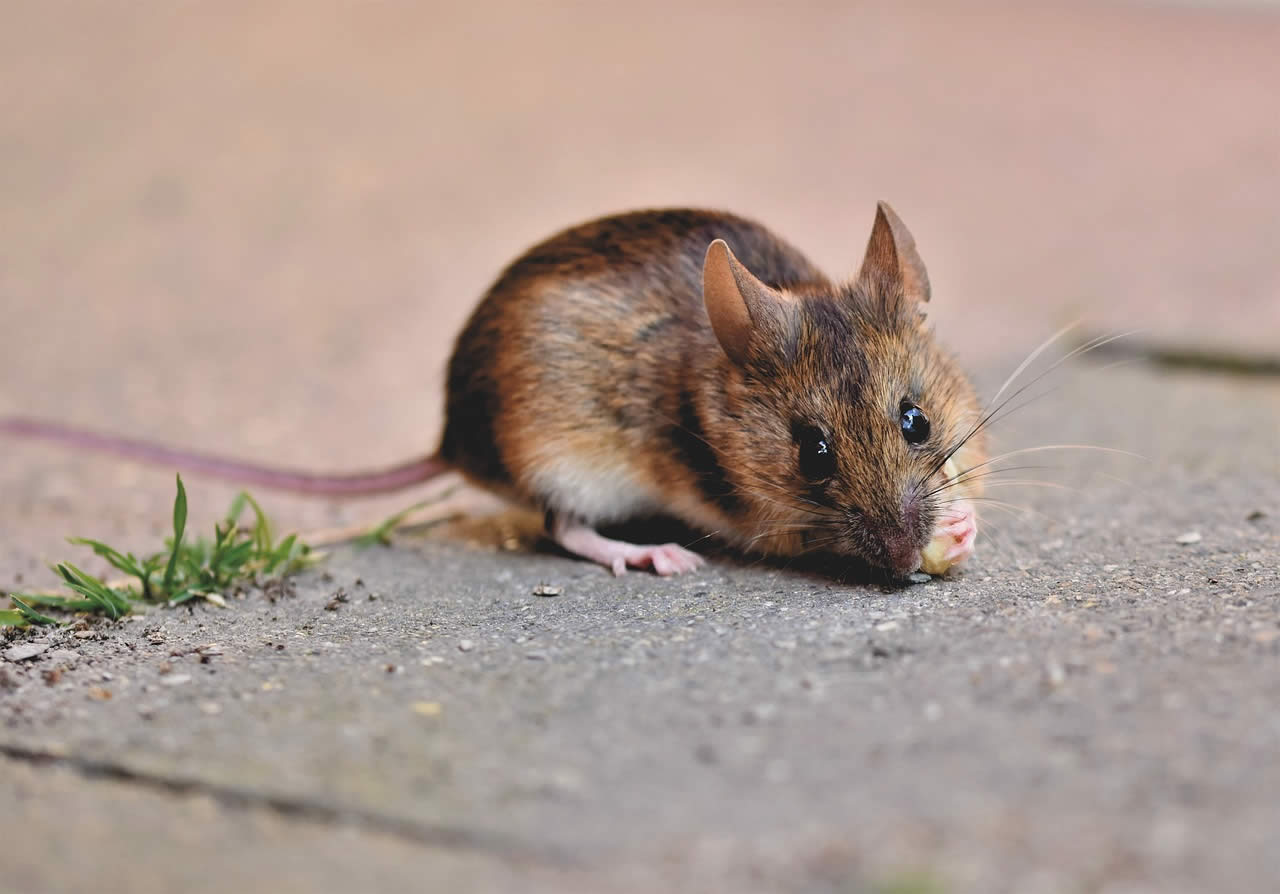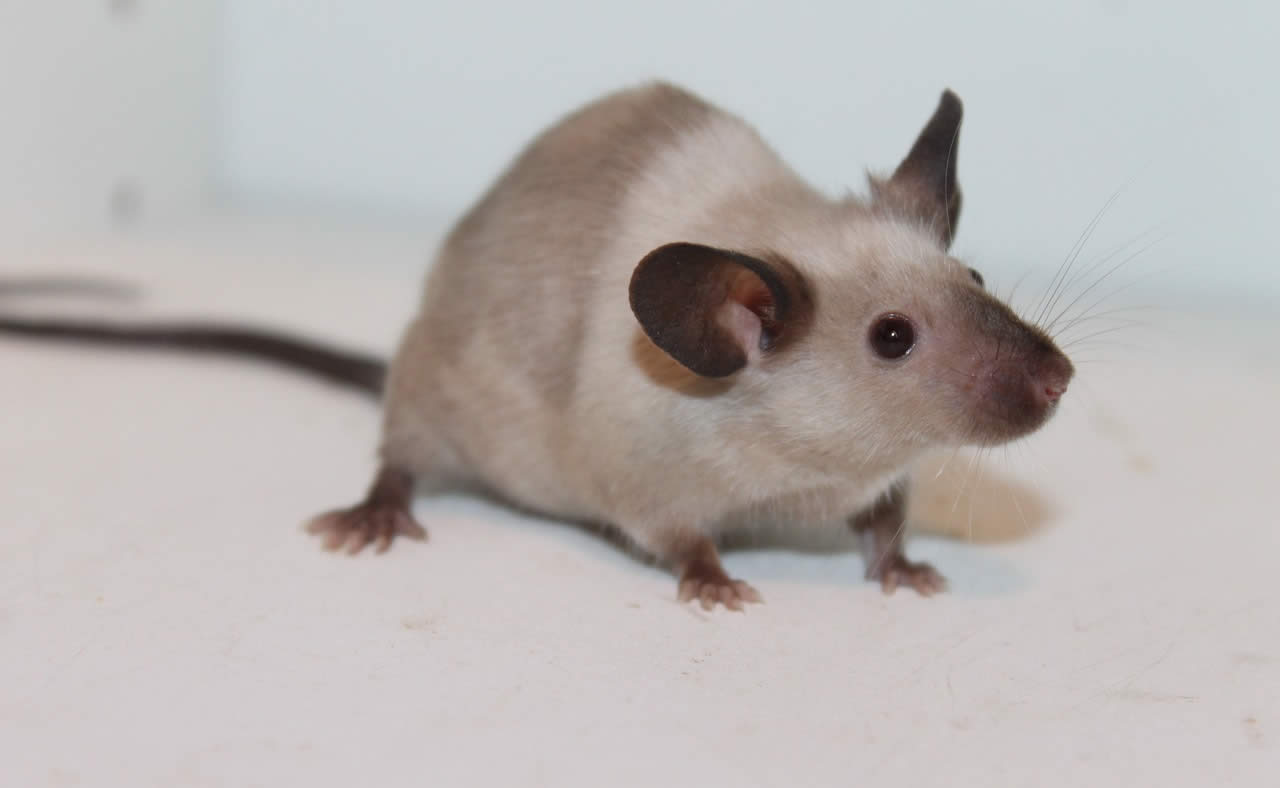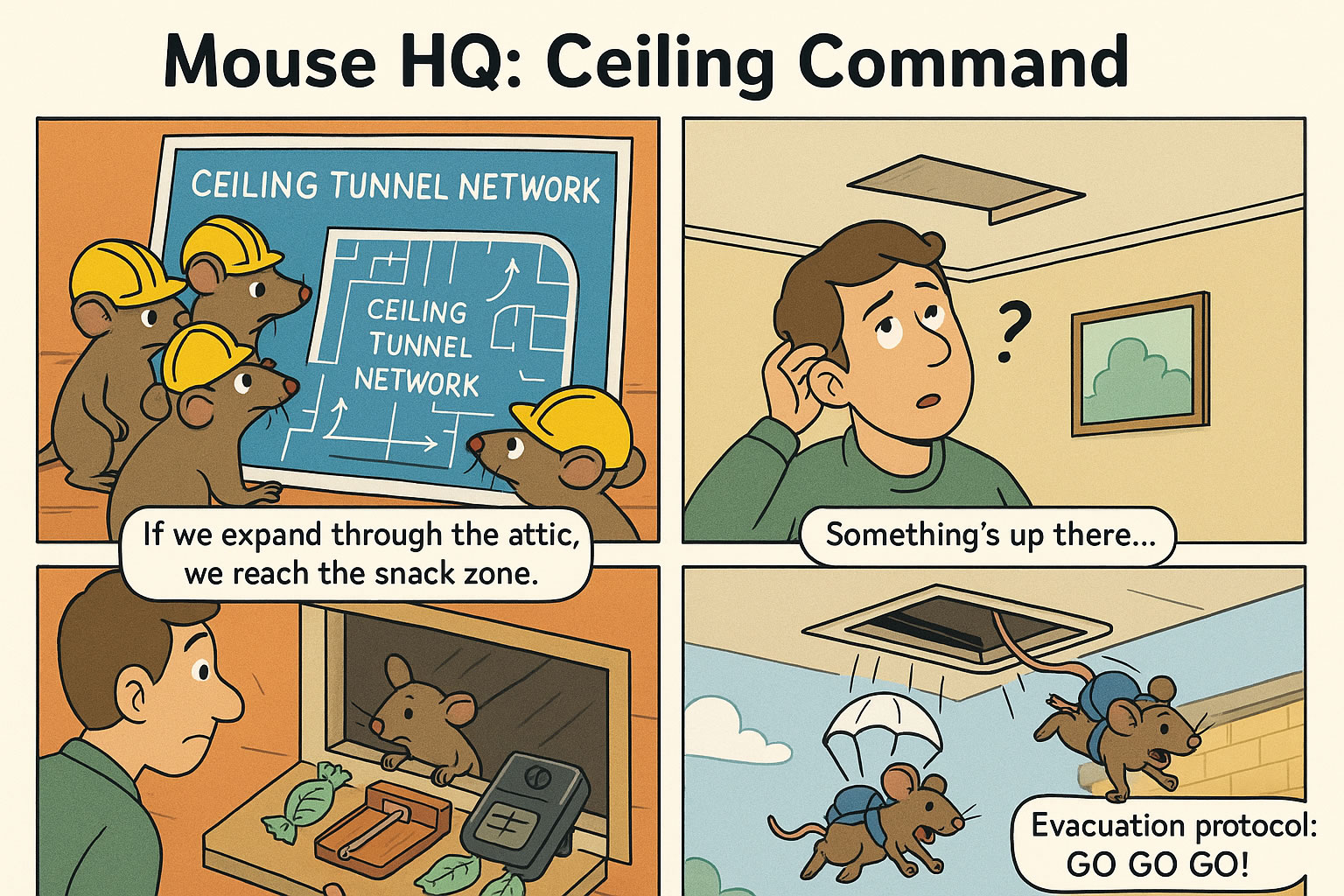Related Queries
ToggleYou’re lying in bed, the room’s dark, and suddenly you hear it—that tiny scratching sound. Maybe it’s in the wall, under the floorboards, or even near your headboard. It’s unsettling, and it makes you wonder… if I just leave the light on, will that keep the mice away?
It’s a question a lot of people ask. Especially if you’ve already seen one scurry across the floor. It seems logical. Mice come out in the dark, so surely a bit of light will scare them off.
Let’s clear this up right now.
Quick Answer: Does Light Keep Mice Away?
No. Sleeping with the light on won’t keep mice away. They might be a little more cautious at first, but if they’re hungry, they’ll still come out—even in a well-lit room. Light alone won’t stop a mouse infestation.
So while leaving a lamp on might make you feel a bit safer, it’s not a reliable way to stop mice from entering your room or home.
But don’t worry—there are better ways to deal with this. Let’s break them down.
Why Might You Think Light Would Work?
You’ve probably heard that mice are nocturnal. And that’s true—they’re most active at night. In the wild, they use the cover of darkness to avoid predators. So it’s easy to assume they avoid light.
But the reality is a bit different.
Mice are smart and highly adaptable. If they’ve found food and shelter, they’ll return, whether it’s light or dark. Once they’ve settled in and decided your home is safe, a light bulb won’t stop them.
Think of it like this—if you were starving, would a bit of background light really stop you from going to the kitchen?

What Should You Do Instead?
If you’re hoping to sleep peacefully again, you’ll need a better plan than leaving the light on. Let’s look at what really works to keep mice out of your space.
- Block their entry points
Find where they’re getting in. Look for gaps near pipes, under doors, behind the oven, or around windows. Seal these with steel wool, metal mesh, or caulk. Don’t use expanding foam on its own—mice can chew straight through it. - Cut off their food supply
Mice won’t hang around if there’s nothing to eat. Store cereals, rice, and snacks in airtight containers. Clear away crumbs, don’t leave dirty plates out overnight, and empty the bins regularly. - Tidy up clutter
If you’ve got piles of clothes or boxes under the bed, you’re giving mice a perfect hiding place. Keeping things tidy makes your home less inviting. - Use humane traps
You can catch mice without harming them. Just make sure you check traps often and release mice at least a mile from your home. - Add natural deterrents
Mice don’t like strong smells. Peppermint oil, clove oil, and even vinegar can help. Soak cotton balls and place them in corners, behind furniture, or near known mouse routes.

Common Signs Mice Are Active at Night
If you’re not sure whether a mouse is actually visiting while you sleep, here are a few signs that usually point to night-time activity:
- Scratching or gnawing sounds inside walls or floors
- Droppings—small, dark pellets—especially near baseboards or cupboards
- Grease marks on skirting boards (from their fur rubbing as they move)
- Nibbled food packaging
- A faint, musky odour that wasn’t there before
Even if you don’t see them, you can often hear them or find their tracks in the morning.

How Light Compares to Other Methods
Here’s a quick comparison of how sleeping with the light on stacks up against other approaches:
| Method | Works Long-Term? | Effort Needed | Best Used For |
| Sleeping with the light on | ❌ No | Very Low | Short-term peace of mind |
| Sealing entry points | ✅ Yes | Medium | Preventing future infestations |
| Storing food securely | ✅ Yes | Medium | Cutting off attractants |
| Natural repellents (e.g., peppermint) | ⚠️ Sometimes | Ongoing | Extra layer of protection |
| Humane traps | ✅ Yes (if consistent) | High | Actively removing mice already inside |
| Calling pest control | ✅ Yes | Low (on your part) | Large or stubborn infestations |
Do’s and Don’ts: Quick Reference List
| Do This | Don’t Do This |
| Seal all small holes and cracks | Rely on light alone |
| Keep your bedroom clean and clear | Leave snacks or crumbs overnight |
| Store food in airtight containers | Assume mice only come out at night |
| Use peppermint oil in key areas | Use foam sealant without metal backing |
| Monitor for signs daily | Ignore droppings or scratching sounds |
Why Mice Still Come Out When It’s Light
You might be wondering—if they’re supposed to avoid danger and light means danger, why would they risk coming out?
It’s simple. Hunger and habit.
If they’ve been living in your home undisturbed, they’ve already figured out it’s safe. And if they’ve found a reliable food source, they’re not going to let a lightbulb stop them. They’ll just adjust their behaviour—move faster, stay low, hug the shadows.
Over time, they learn your patterns. If you leave the light on every night, that light becomes part of the environment. It doesn’t feel threatening to them anymore.
If You’re Scared to Sleep Because of Mice
You’re not alone. A lot of people feel uneasy knowing mice might be in the room while they’re sleeping. And it’s not silly to feel that way.
To help you feel more in control at night:
- Seal the bottom of your bedroom door with a draft excluder
- Keep food and bins out of the room entirely
- Set traps or deterrents just outside your door
- Make sure there’s no clutter or bedding touching the floor
These small changes can make you feel safer—and they genuinely help reduce the chances of mice entering.
Should You Call a Pest Control Professional?
If you’ve done all the basics—sealed gaps, cleaned up, set traps—and you’re still finding signs of mice, it might be time to bring in help.
A local pest control service will:
- Do a full inspection of your home
- Spot the entry points you may have missed
- Use safe and effective traps or bait
- Offer advice for long-term prevention
- Come back to check the situation if needed
You don’t need to live in constant worry or lose sleep over it. Help is there when you need it.
Final Thoughts
So, does sleeping with the light on keep mice away?
Not really.
At most, it might delay a mouse for a few minutes. But if they’ve found food and shelter, they’ll keep coming back whether your light is on or not. Relying on light alone just won’t cut it.
But now you know what does work.
You can block off entry points, store food properly, keep your space clear, and use traps or deterrents. And if it’s getting out of hand, there’s no shame in calling in a professional.
The sooner you act, the sooner you’ll get your peace—and your sleep—back.
Pest Control Marston Moretaine – Pest Control Limbury – Pest Control Norfolk
